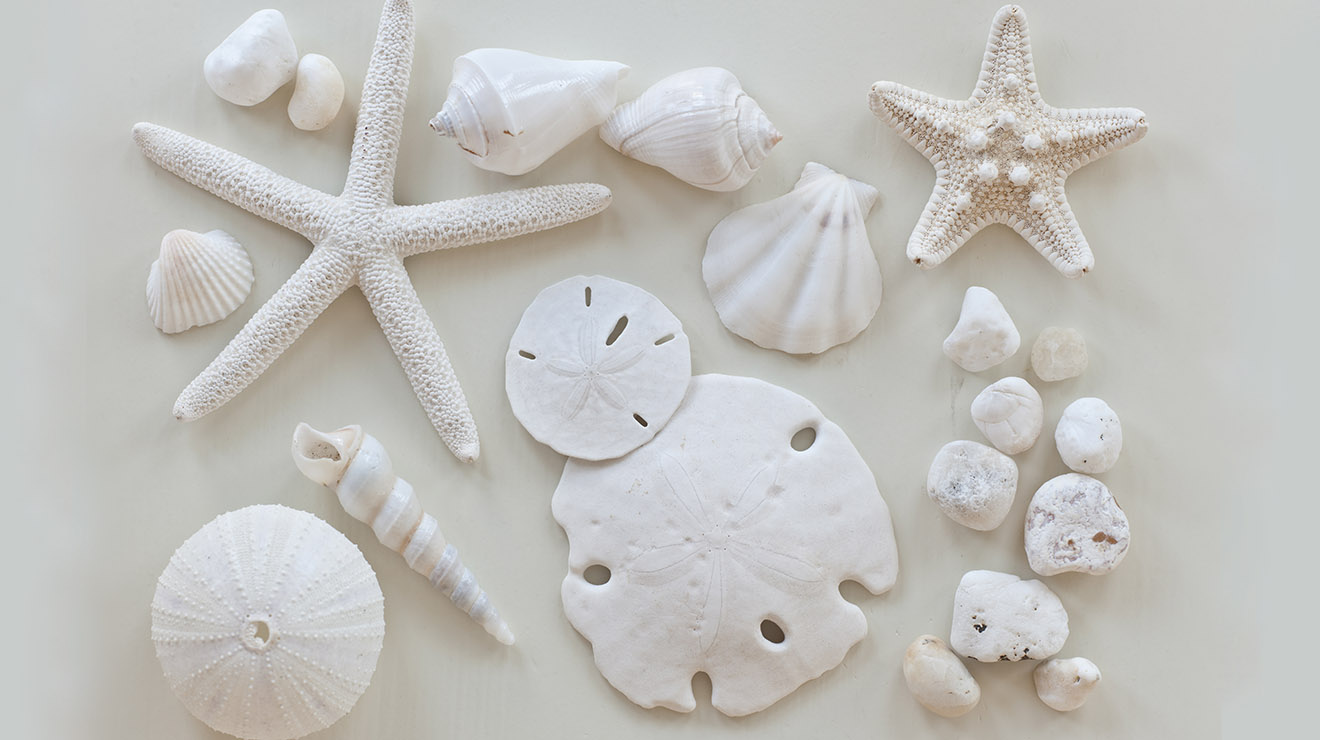It is well known that fertility declines with age. We see a shift after age 38, and a more dramatic decline after a woman turns 42. However, recent advancements in both medical technology and reproductive endocrinology expertise are providing more options than ever for women who wish to have a child after the age of 35.
What Happens as We Age?
As you age the number of healthy, chromosomally normal eggs produced decreases. Additionally, your body’s ability to nurture the eggs as they mature declines over time. A female’s ovaries contain approximately one million egg-containing follicles when she is born; by the time she reaches puberty about 300,000 remain. Of those follicles only about 300 will be ovulated during her reproductive years. The majority of the follicles are never ovulated, instead they disappear through a natural degenerative process called atresia.
Conception is most likely when a woman is in her 20s. As women enter their 30s we start to see a gradual decline in fertility, markedly after age 35. A healthy, fertile 30-year-old woman has a 20 percent chance of becoming pregnant each cycle. By the time she reaches 40 years old, her chance of getting pregnant drops to less than 5 percent per month. For most women, it is unlikely that they will be able to have a successful pregnancy by the time they reach their mid-40s. Fertility is lost due to the decline in egg quality and quantity, so these percentages apply to both natural conception and conception achieved through the use of assisted reproductive technology.
Egg Quality
Aneuploidy — an incorrect number of chromosomes in the egg — can be an issue as women age. The correct number chromosomes, in both the egg and the sperm that fertilizes it, is 23. The resulting embryo has a total of 46 chromosomes. As a woman gets older, a greater number of her eggs have either too few or too many chromosomes. If fertilization occurs, the embryo will also have the wrong number of chromosomes. Most embryos that have too few or too many chromosomes do not result in pregnancy, or are miscarried.
Egg Quantity
We often refer to “loss of ovarian reserve” when discussing declining fertility. This term refers to the decrease of egg-containing follicles that occurs as a woman ages. The loss of egg-containing follicles starts prior to when women become infertile and before regular menstruation ends. As ovarian reserve declines the follicles become less sensitive to FSH (Follicle Stimulating Hormone) stimulation, making it more difficult for an egg to mature and ovulate.
Options for Treatment
There are many ways we can address age-related conception issues. As we develop your treatment plan, we will explain each option and determine together which is best for you.
- Fertility drugs
- Intrauterine Insemination (IUI)
- In Vitro Fertilization (IVF)
- Donor eggs
Although it is more difficult to conceive as you age, particularly if you have never had a child, we are committed to providing you with expert, compassionate care for the best possible outcome. Your treatment plan will be customized to your needs with the goal of maximizing your chance of conceiving and having a healthy baby.










